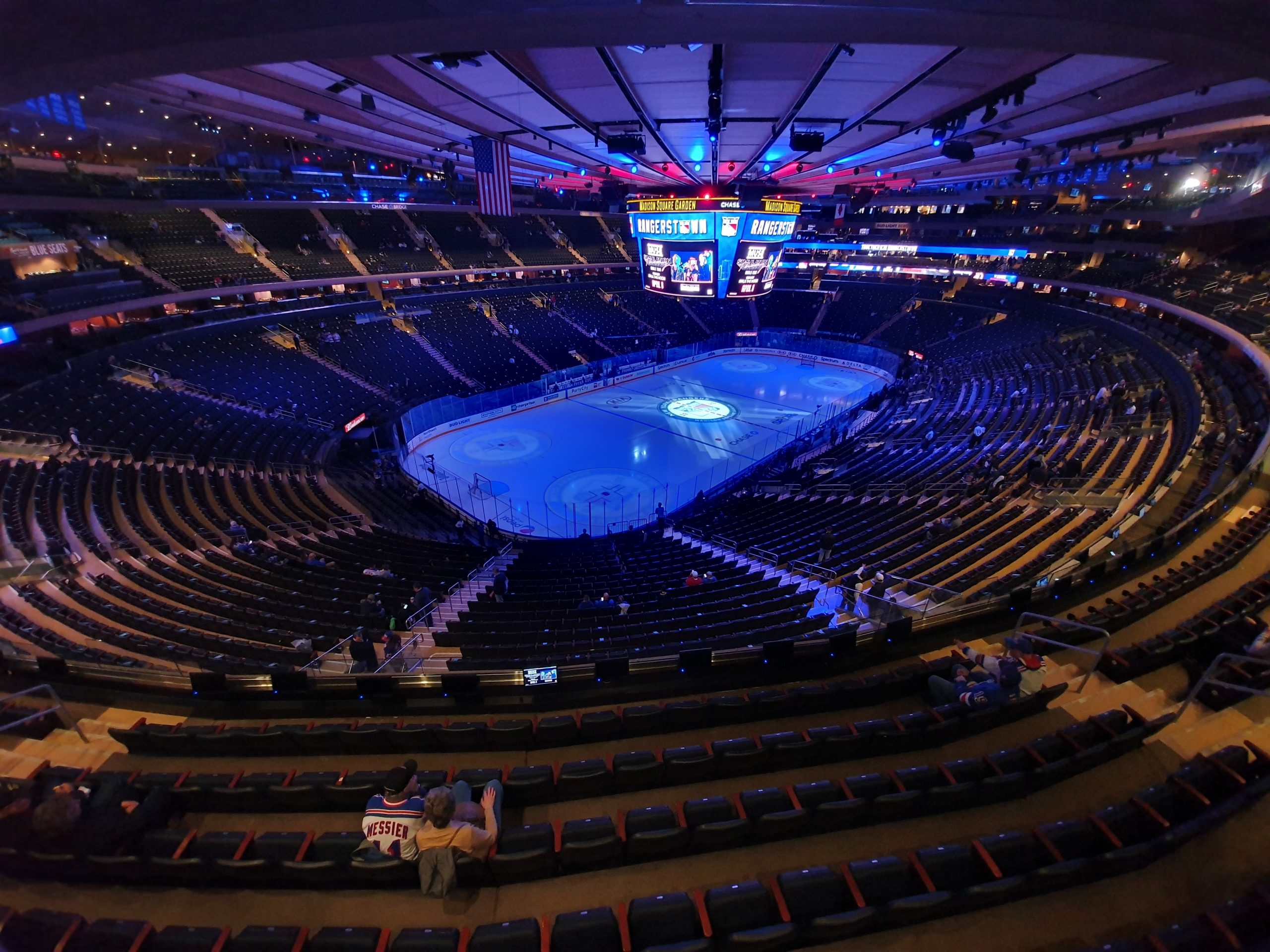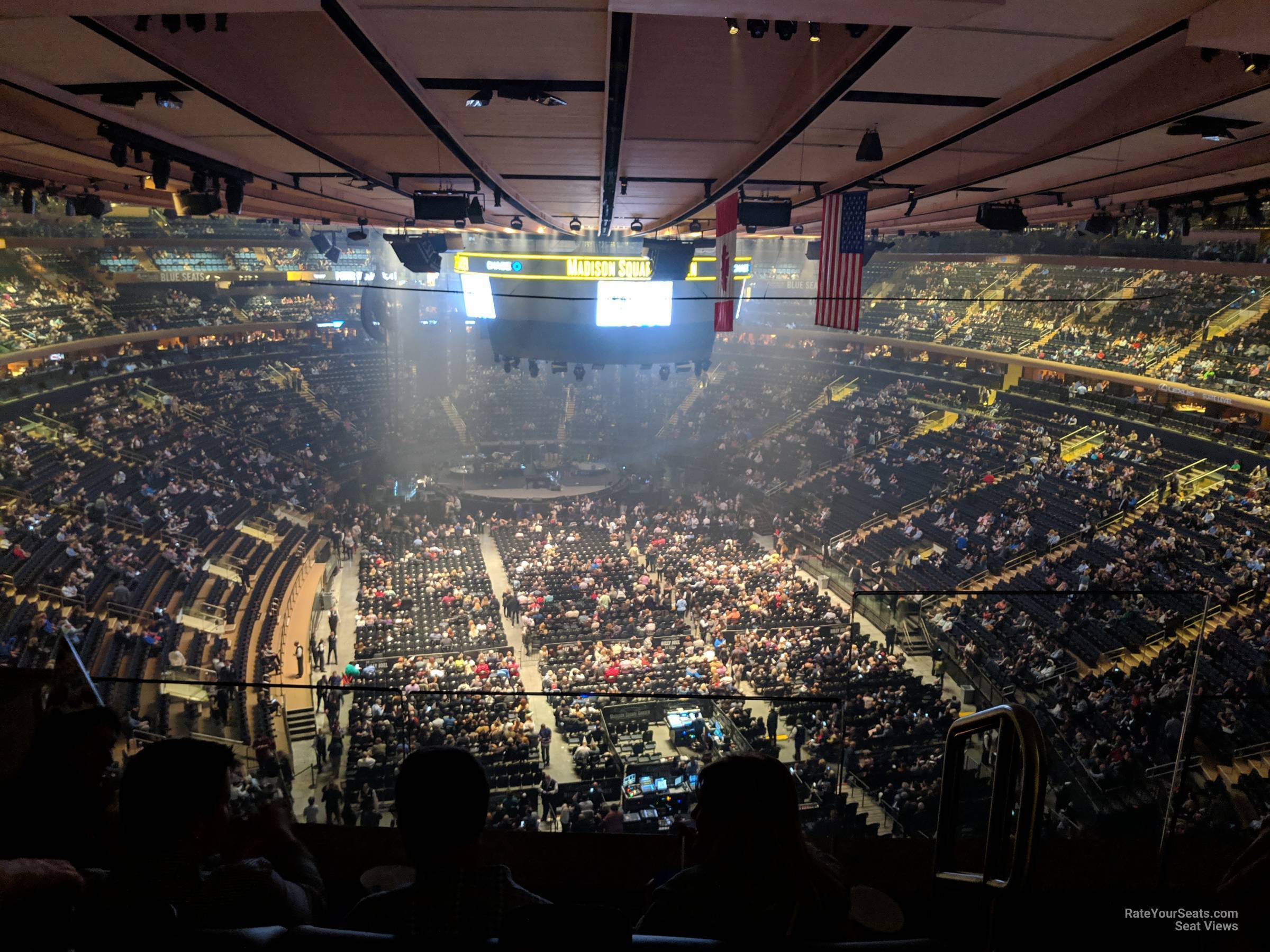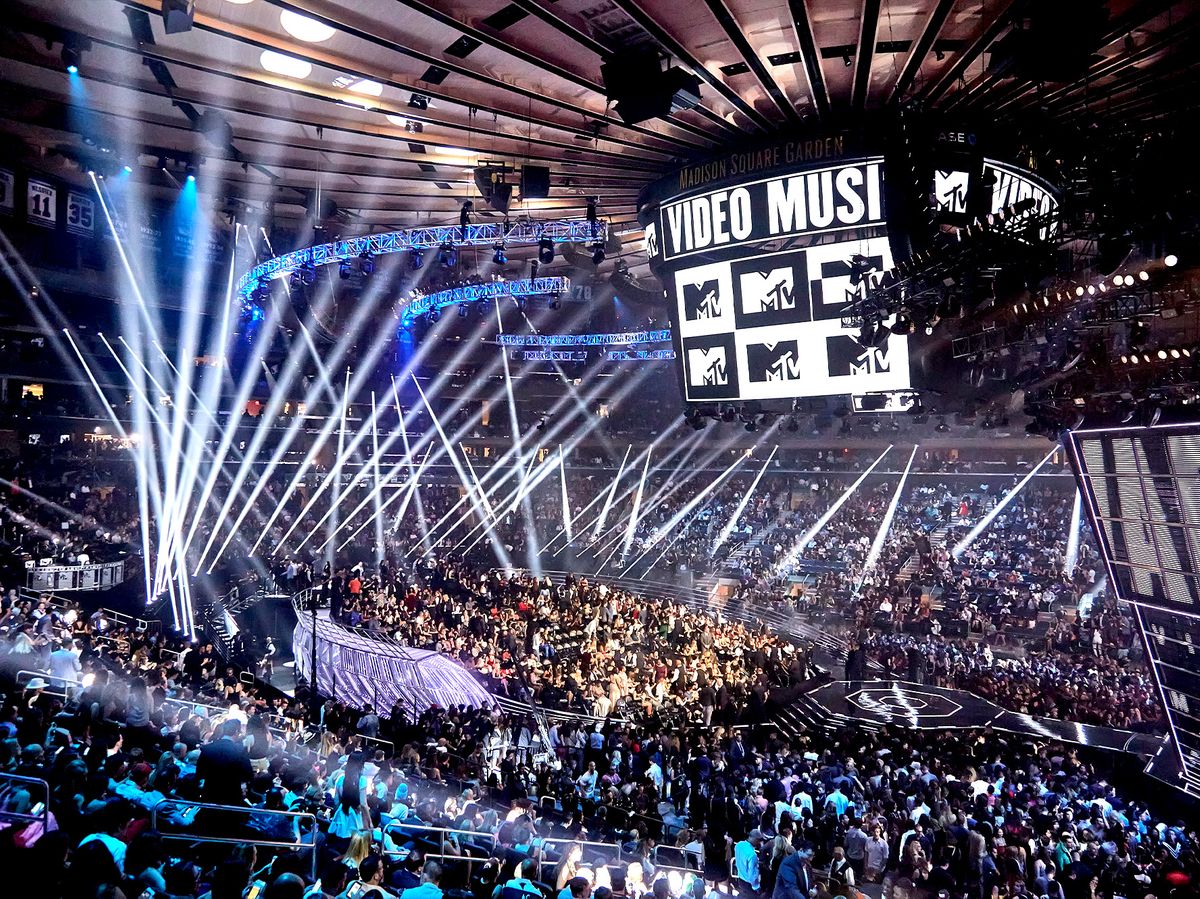Madison Square Garden, often referred to as "The World's Most Famous Arena," has been a cornerstone of entertainment since its inception. As one of the most iconic venues in the world, understanding its concert capacity is essential for both event organizers and music enthusiasts alike. In this comprehensive guide, we delve into the intricacies of concert capacity at Madison Square Garden, exploring its seating arrangements, historical context, and much more.
From legendary performances to unforgettable concerts, Madison Square Garden has hosted some of the biggest names in the music industry. However, the question of how many people can fit into this legendary venue often arises. This guide aims to provide clarity on the matter, ensuring you have all the information you need about concert capacity.
Whether you're planning to attend a concert or organizing an event, understanding the nuances of Madison Square Garden's concert capacity is crucial. Let's dive in and explore the details that make this venue so unique.
Read also:Thomas Raggi Age A Comprehensive Guide To His Life And Achievements
Table of Contents
- History of Madison Square Garden
- Overview of Concert Capacity
- Seating Arrangement and Layout
- Factors Affecting Capacity
- Notable Concerts and Attendance Records
- Technical Details and Infrastructure
- Safety Measures and Crowd Management
- Future Plans and Expansion
- Enhancing Visitor Experience
- Conclusion
History of Madison Square Garden
Madison Square Garden has a rich history that dates back to 1879. Originally built as an open-air arena, it has undergone several transformations over the years, with the current iteration being the fourth version of the venue. Each iteration has brought improvements in terms of capacity, technology, and overall experience for attendees.
The venue's evolution reflects the changing demands of the entertainment industry. From hosting boxing matches and horse shows to becoming a premier destination for concerts and sporting events, Madison Square Garden continues to adapt and thrive. Understanding its history provides valuable context for its current capacity and future potential.
Today, Madison Square Garden stands as a testament to innovation and excellence in event hosting. Its capacity and layout have been carefully designed to accommodate a wide range of events, from intimate performances to large-scale concerts.
Overview of Concert Capacity
The concert capacity of Madison Square Garden varies depending on the type of event and seating configuration. Generally, the venue can accommodate up to 20,000 people for concerts, though this number can fluctuate based on specific requirements.
Key Factors Influencing Capacity
- Stage size and positioning
- Seating arrangement (general admission vs. reserved seating)
- Event-specific requirements (e.g., pit areas, VIP sections)
- Safety regulations and crowd control measures
For instance, a concert with a large stage and extensive lighting equipment may require fewer seats to ensure optimal viewing and sound quality. Conversely, events with minimal stage setups can maximize seating capacity.
Read also:Vegamovies The Ultimate Guide To Streaming Movies Online
Seating Arrangement and Layout
Madison Square Garden's seating arrangement is designed to provide an exceptional experience for all attendees. The venue offers a mix of general admission and reserved seating options, allowing flexibility for different types of events.
Seating Sections
- Lower Bowl: The closest section to the stage, offering the best views
- Upper Bowl: Provides a more affordable option with slightly elevated seating
- Club Level: Exclusive seating with additional amenities
- Suite Level: Private suites for VIP guests
The layout is carefully planned to ensure unobstructed views and optimal acoustics. Whether you're seated in the lower bowl or the upper deck, you can expect a high-quality experience.
Factors Affecting Capacity
Several factors influence the concert capacity of Madison Square Garden. These include:
Stage Configuration
The size and positioning of the stage play a significant role in determining capacity. Larger stages require more space, reducing the number of available seats. Additionally, the type of performance (e.g., rock concert vs. symphony orchestra) can dictate specific stage requirements.
Crowd Management
Safety is a top priority at Madison Square Garden. Crowd management strategies, such as designated entry and exit points, help ensure a smooth flow of attendees. These measures may impact overall capacity but are essential for maintaining a safe environment.
Notable Concerts and Attendance Records
Madison Square Garden has hosted countless memorable concerts throughout its history. Some of the most notable performances include:
- Billy Joel's record-breaking residency, where he performed 120 concerts over 30 years
- The Rolling Stones' "Steel Wheels" tour, which drew massive crowds
- Taylor Swift's "1989 World Tour," setting new attendance records
These events not only showcased the venue's capacity but also highlighted its ability to accommodate diverse audiences and genres.
Technical Details and Infrastructure
Madison Square Garden boasts state-of-the-art technology and infrastructure to support large-scale events. Its sound and lighting systems are among the best in the world, ensuring a high-quality experience for all attendees.
Sound System
The venue's sound system is designed to deliver crystal-clear audio across all seating sections. Advanced acoustics and speaker placement ensure that every note is heard with precision.
Lighting
The lighting setup at Madison Square Garden is equally impressive, providing dynamic visual effects that enhance the concert experience. From spotlights to LED screens, the venue's lighting capabilities are unparalleled.
Safety Measures and Crowd Management
Safety is a top priority at Madison Square Garden. The venue employs a range of measures to ensure the well-being of all attendees, including:
- Designated entry and exit points
- Security personnel trained in crowd control
- First aid stations and emergency response teams
These measures help maintain order and ensure a safe environment for all concert-goers.
Future Plans and Expansion
Madison Square Garden continues to evolve to meet the demands of the modern entertainment industry. Plans for future expansion and upgrades include:
- Enhanced seating arrangements to increase capacity
- Upgraded technology to improve sound and lighting
- Improved accessibility for all attendees
These initiatives aim to maintain Madison Square Garden's status as a premier venue for concerts and events.
Enhancing Visitor Experience
Madison Square Garden is committed to providing an exceptional experience for all visitors. From the moment you arrive, you'll be greeted with friendly staff and helpful signage to guide you through the venue.
Amenities
The venue offers a range of amenities to enhance your visit, including:
- Gourmet food and beverage options
- Exclusive merchandise stands
- Interactive exhibits and displays
Whether you're attending a concert or sporting event, Madison Square Garden ensures a memorable experience for all.
Conclusion
In conclusion, Madison Square Garden's concert capacity is a testament to its status as one of the world's premier entertainment venues. With a rich history, state-of-the-art technology, and a commitment to safety and excellence, the venue continues to set the standard for live events.
We invite you to share your thoughts and experiences in the comments below. Additionally, don't forget to explore our other articles for more insights into the world of entertainment. Thank you for reading, and we hope to see you at the next big event at Madison Square Garden!


